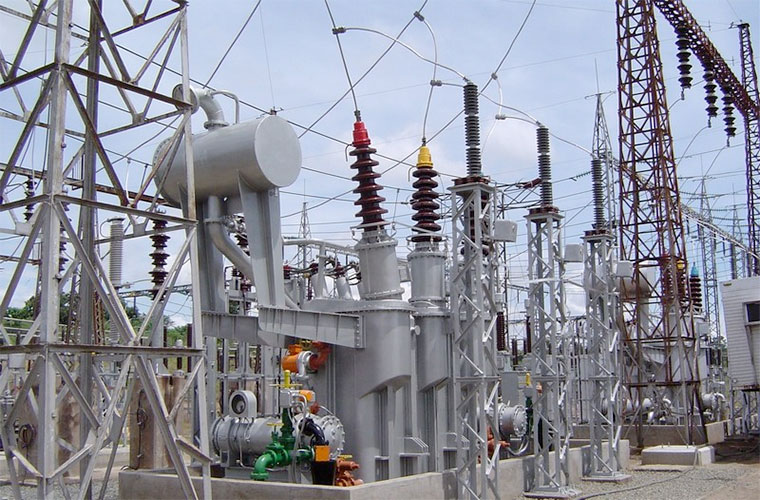Kampala, (UG): The Ugandan government has implemented changes in electricity tariffs in the first quarter of 2024, aiming to stimulate economic growth and shield businesses from insolvency caused by high operational costs.
The move benefits commercial enterprises, medium industrial, large industrial, and extra-large industrial consumers, with a weighted average cut of 1.6 percentage points.
Uganda’s power regulator, Electricity Regulatory Authority (ERA) clarified that the commercial and medium industries would experience a tariff reduction of 1.8 per cent and 2.8 per cent, respectively. This strategic move aims to support small and medium industries, in addition to the ongoing initiatives for large and extra-large industrial consumers.
“The electricity regulator has focused on the commercial and medium industries with a tariff reduction of 1.8 per cent and 2.8 per cent respectively to support [economic growth by concentrating on] the small and medium industries. This is in addition to the tariff initiatives towards tariff reduction for the large and extra-large industrial consumers,” ERA explained in a statement.
This translates into an average annual savings of Shs40.32b in electricity bills for all businesses in the aforementioned industries, which number over 5,000 across various sectors.
“The continuation of the implementation of the measures to reduce the electricity end-user tariffs for manufacturers is pegged on pre-determined demand growth targets for the year 2024 as approved in February 2023,” adds the statement, explaining a predicted in the power tariffs to increase by 9.53 per cent in 2024.
ERA also highlighted an anticipated annual savings of Shs40.32 billion in electricity bills for over 5,000 businesses across various sectors. The decision to revise electricity tariffs aligns with predetermined demand growth targets for 2024, approved in February 2023.
Dr Sarah Kanaabi Wasagali, the Board Chairperson ERA, emphasized that the implementation is contingent on the projected 9.53 per cent increase in electricity demand for the year.
“We will continue to implement the institutional cooking tariff of Shs451 per unit to support over 500 institutions such as schools, hospitals, and prisons to transition from the use of biomass (firewood and charcoal) to cooking using electricity,” said Dr Wasagali.
President Museveni’s directive from 2021, advocating for a reduction in electricity prices to $5 cents per unit, has been a driving force behind this move.
The President urged ministers to lower operational costs for businesses by encouraging the manufacturing sector to directly purchase electricity from government power plants, specifically the Kiira and Nalubaale dams.
Power costs from the Isimba and Karuma dams have been valued at $4.16 and $4.97 cents per unit, respectively, contributing to the overall adjustment in tariffs. These adjustments are essential as the money invested in power plants is recouped through tariffs, which are subject to quarterly changes based on macroeconomic variables such as inflation, exchange rates, and international fuel prices.
For domestic consumers, the new rates result in a reduction of Shs7.7 per unit for the first three months of 2024. The first 15 units will be sold at a fixed price of Shs250 per unit to support low-consumption customers.
On the other hand, commercial energy customers will now pay Shs600.2, down from Shs611.8, while medium and large industrialists will see reductions to Shs448.7 and Shs379.2 per unit, respectively.
Large industrialists, especially those in heavy metal production, will pay Shs320.6 per unit, a decrease of Shs4.4 from the previous quarter. Industrial consumers with the potential for increased power consumption will continue to be billed at $6.85 cents per unit during peak and shoulder hours.
The government remains committed to supporting domestic consumers through the declining block tariff at Shs412 per unit and institutional consumers with a cooking tariff of Shs451 per unit, encouraging a transition from biomass to electricity.
Do you have a story or an opinion to share? Email us on: dailyexpressug@gmail.com Or follow the Daily Express on X Platform or WhatsApp for the latest updates.

